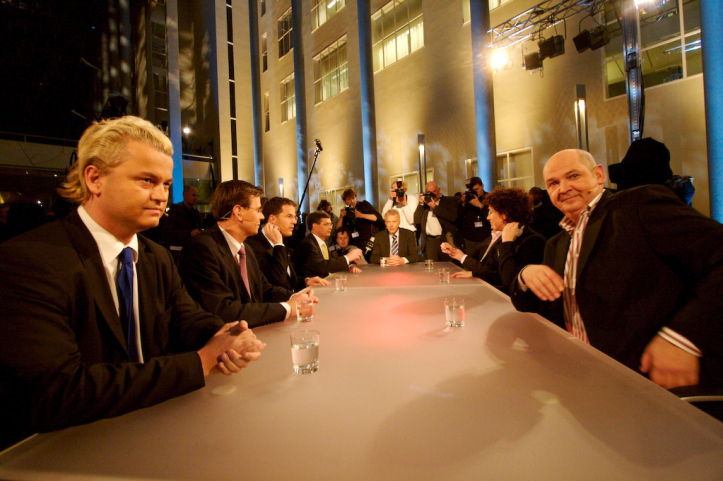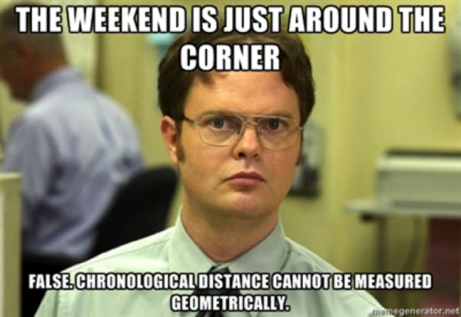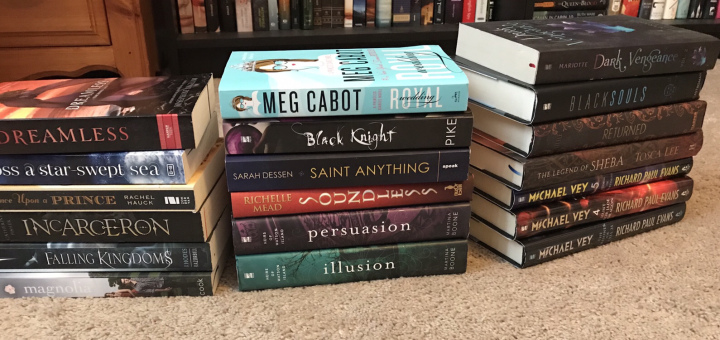 Wilders prepares for a TV debate at his first election as PVV leader, in 2006.
Wilders prepares for a TV debate at his first election as PVV leader, in 2006.
The Dutch election is starting to register on the international media’s radar, and so far most of the attention has been trained on one man. Last week BBC’s Newsnight programme dispatched John Sweeney to thrust a microphone under the nose of Geert Wilders, described as the ‘rising star of Dutch politics’. That seems an odd description for someone who has been stalking the corridors of the Binnenhof for two decades and is contesting his fourth election as the uncontested leader of his one-man party, but in many ways it set the tone for what followed.
Sweeney seemed pleased enough with his performance to boast on Twitter that he had slipped a neat little reference to Dad’s Army into his report. Unfortunately Wilders had little trouble batting away the two questions Sweeney managed to squeeze in, one of which was the blunt observation: ‘Some people will say that you’re a bit of a fascist.’ Such predictable fare is meat and drink to Wilders, who has his answers so well polished they could be mistaken for John Sweeney’s head. Sweeney fared slightly better the next day, when he was granted a brief audience with the PVV leader, but after an unorthodox line of inquiry on the MH17 disaster briefly threatened to bear fruit, Wilders recovered his poise and retreated to his rehearsed monologue on the iniquities of Islam, the European Union and the cornucopia of straw men that fall under the label of cultural relativists. Sweeney signed off with the standard lament of foreign-based reporters that Holland is no longer the progressive nirvana that their parents told them about in the 1970s.
Perhaps I’m being unfair in singling out John Sweeney simply because he’s an experienced journalist working for one of the best funded and respected public service broadcasters in the world. But it’s worth considering whether he could have produced some more incisive questions if he’d spent less time rewinding classic sitcoms and more time doing his homework on Wilders. The time for portraying the PVV leader as a wacky eccentric with a scoop of ice-cream on his head is well and truly past. This is a man with serious ambitions to become prime minister of one of the founder members of the European Union. He has earned the right to be taken seriously, not least because his political programme represents a swift and radical departure from the values that have guided Europe since the Second World War.
The whiff of the absurd around Wilders is strong and hard to resist. But the media are selling themselves and their audience short if they don’t hold him to the same standards as his peers. Journalists queue up to grill Emile Roemer on how the Socialist Party will fund its national health insurance plan, and so they should, yet nobody bothers to ask Wilders where the money will come from to fight all the court cases that will arise from his proposal to shut all the mosques, or how the Netherlands will keep its commitments under the Paris climate change accords if it abandons wind power. Perhaps they have decided privately that these questions are irrelevant because Wilders has no chance of gaining office. But we have seen from Trump that if such statements are not robustly challenged, it gives politicians a free pass to carry them through when in power. Voters deserve to be properly informed about the choices on offer. And international readers deserve to know what kind of a man their leaders might be doing business with in six weeks’ time.
So by way of a public service, here are 10 suggestions for questions English-language reporters might care to put to Wilders next time they get the sort of opportunity that John Sweeney fumbled. There are plenty of others, and doubtless there are better ones. But one or two of the following would be a good start.





